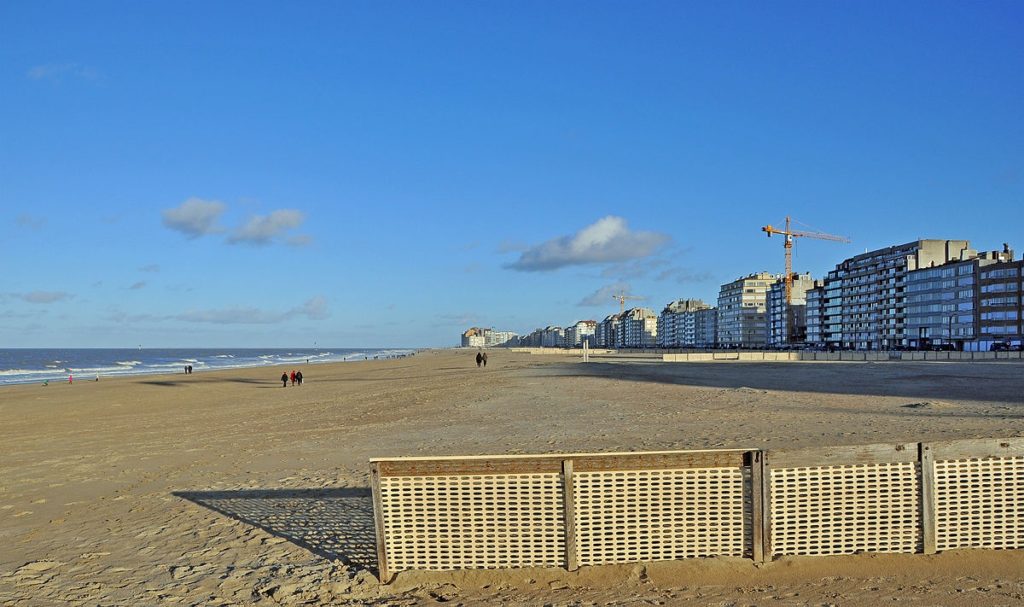A dumping ground for munitions from the First World War off the coast of Knokke has been subject to leaks of mustard gas, according to federal minister for the North Sea, Philippe De Backer. De Backer was responding to a parliamentary question from N-VA member An Capoen, and revealed that a report at the beginning of March which spoke of contamination by hundred-year-old weapons was not the full story.
Tests had been carried out at the Paardenmarkt sandbank off the coast of Knokke at the end of last year. The sandbank is the burial ground for about 35,000 tonnes of munitions, some of whose contents had been found to leach into the seawater. Now De Backer reveals that mustard gas was also involved, Het Laatste Nieuws reports.
Mustard gas, so called because of its distinctive smell, is also known as Yperite after its use on the battlefields around Ypres in West Flanders. It was used on both sides in the First World War, first by the German army and later by the Allies, after they captured a German stockpile in 1917. It continued to be used into the 21st century, with the latest known occurrence in Syria in 2016.
Exposure leads to blisters on the skin and in the lungs, which can be fatal. One particularity of the gas is its persistence: a soldier whose uniform is contaminated may, even if he was wearing a gas mask during the attack, pass the effects of the gas later unless decontaminated. That property led to the use of the gas to make it impossible for enemy troops to take and possession of territory where the gas had been used.
Possession of mustard gas weapons is forbidden by an international convention against chemical weapons. In 2014, a farmer discovered a cache of 200 mustard gas bombs on land between the towns of Passendale and Moorslede in West Flanders, where they had been intended by the Germans for use in the battle of Passchendaele, as it was then known. It took the army bomb disposal unit Dovo four weeks to clear the bombs and maintain a 150m security perimeter.
Now West Flanders governor Carl De Caluwé has called for the sandbank to be cleared of all remaining munitions. “Better now than when the leaks get worse,” he told Belga.
Alan Hope
The Brussels Times
The Brussels Times

